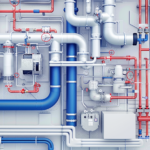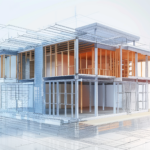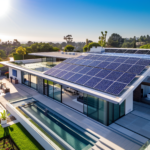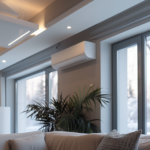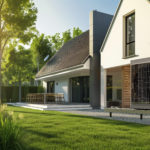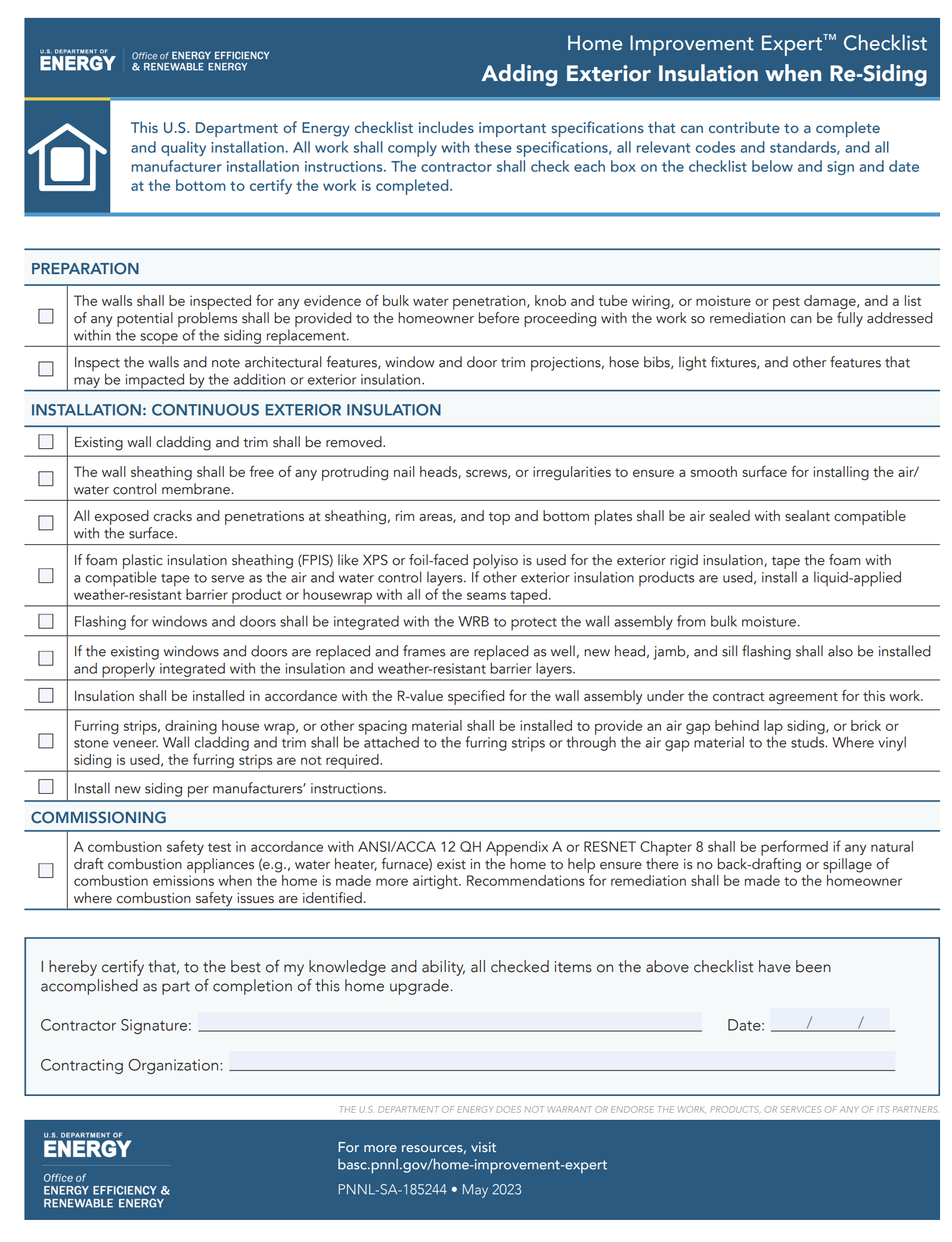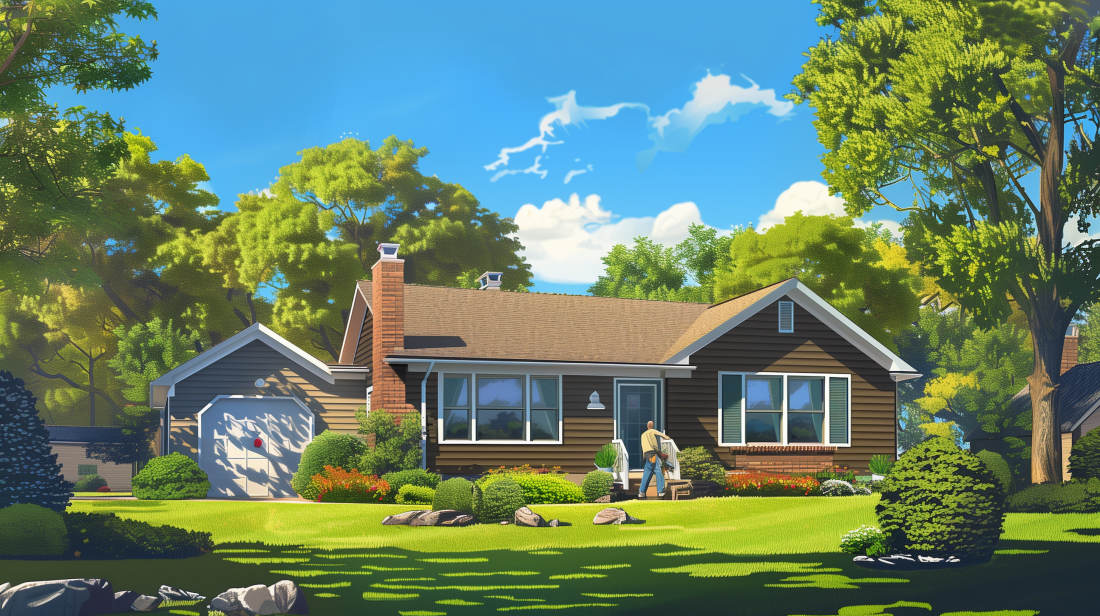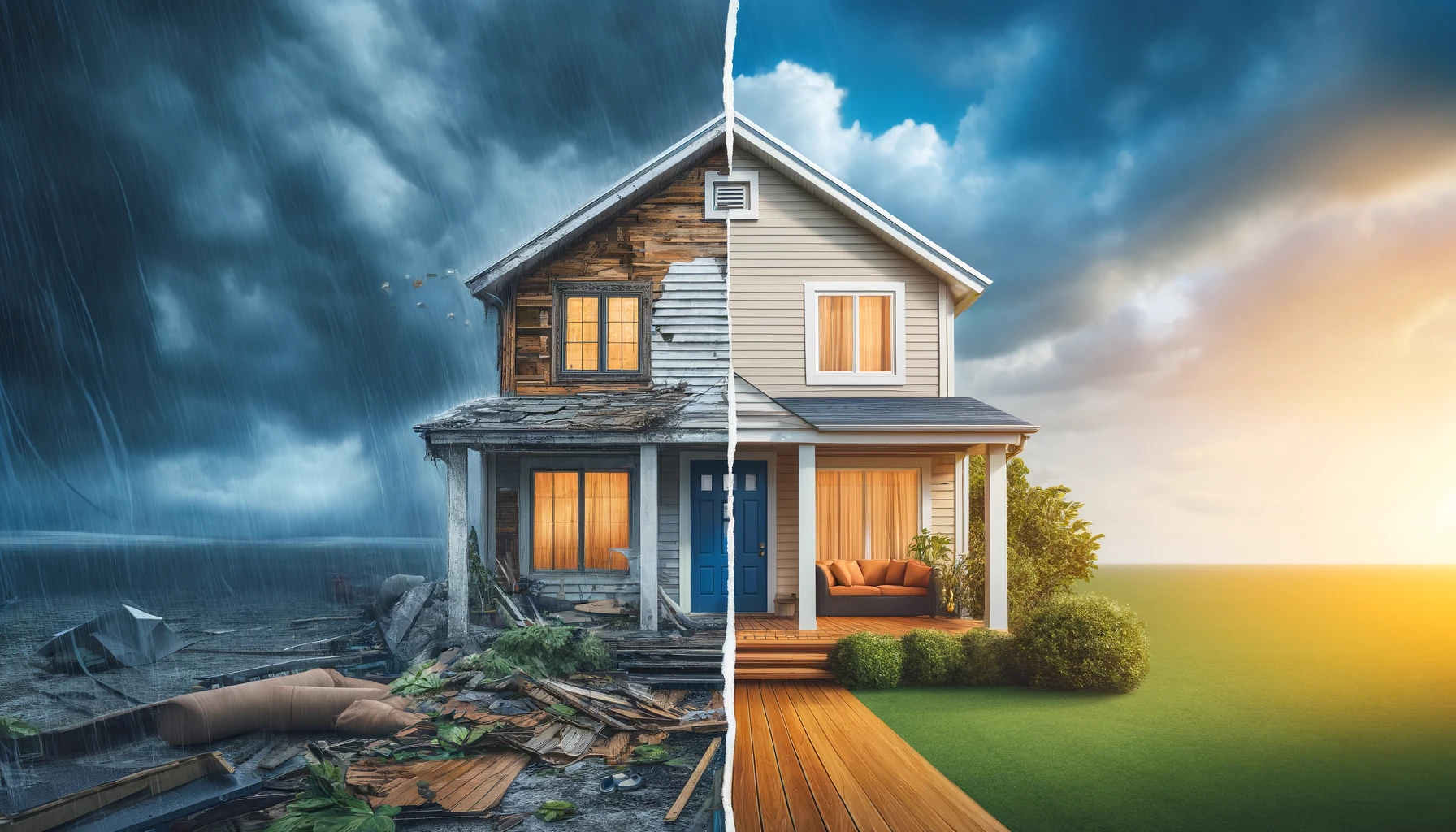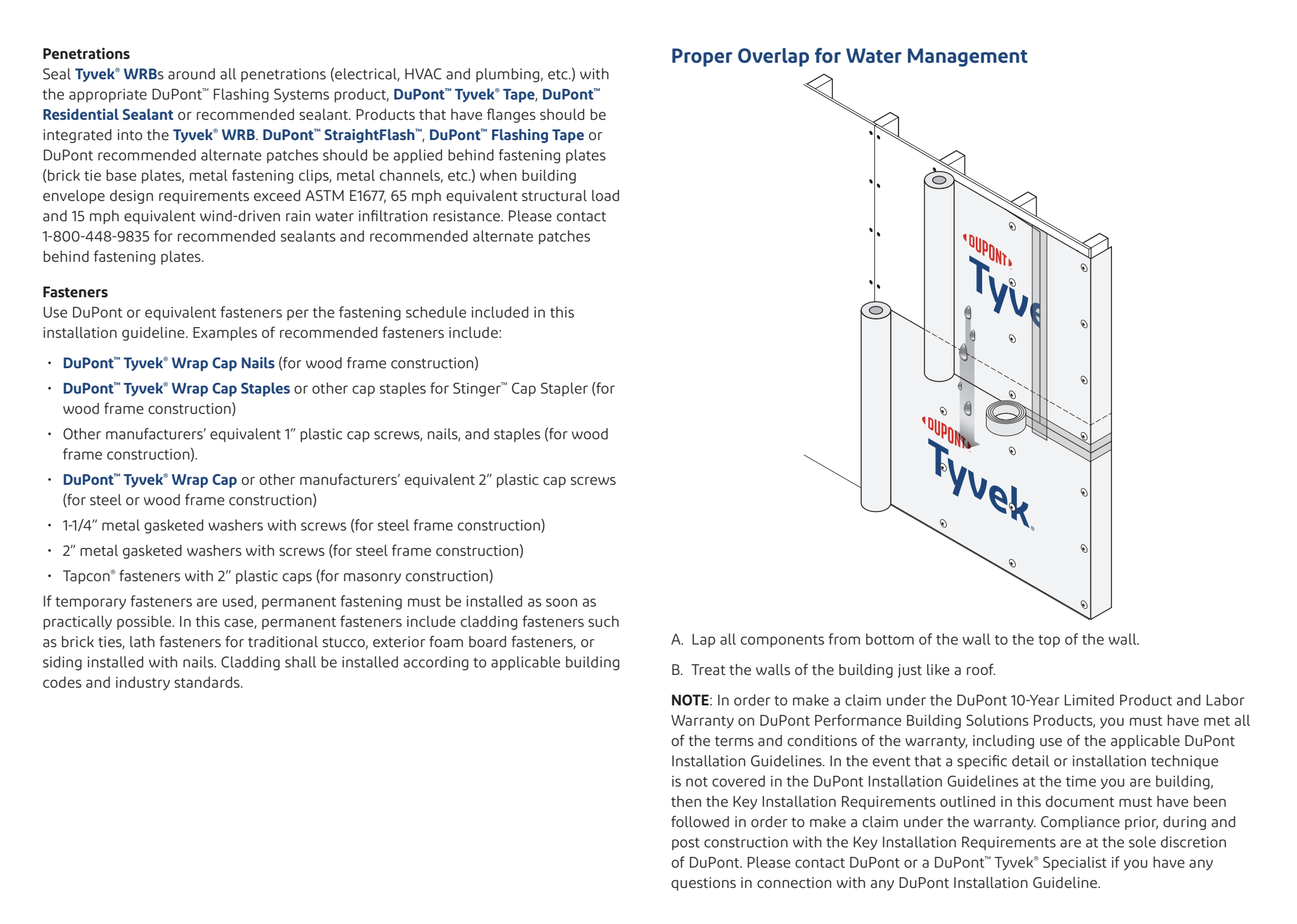Understanding the Benefits of Adding Exterior Insulation When Re-Siding
Introduction to Re-Siding with Exterior Insulation
When planning to re-side a home, incorporating exterior insulation is an effective way to increase energy efficiency and enhance overall building performance. This approach not only improves thermal resistance but also plays a crucial role in the longevity and durability of the siding material itself.
Key Benefits of Exterior Insulation
Improved Energy Efficiency
Adding insulation during the re-siding process significantly boosts the R-value of exterior walls. This added layer helps in maintaining consistent indoor temperatures, reducing the workload on heating and cooling systems, and consequently lowering energy costs.
Enhanced Structural Durability
Exterior insulation acts as an additional barrier against external elements, protecting the siding material from extreme weather conditions such as rain, hail, and fluctuating temperatures. This protection helps in extending the lifespan of the siding material.
Moisture Management and Air Sealing
Properly installed exterior insulation helps in controlling moisture ingress, which is crucial in preventing mold growth and wood rot. Additionally, it aids in sealing out air leaks, further enhancing the building’s thermal envelope.
Choosing the Right Insulation Material
Selecting the appropriate insulation material is crucial for maximizing the benefits while ensuring compatibility with the siding. Materials such as rigid foam boards are commonly used due to their high R-value per inch and ease of installation.
Installation Best Practices
Ensuring Proper Alignment and Attachment
It is essential to ensure that the insulation boards are properly aligned and securely attached to provide a continuous thermal barrier. This involves careful planning around windows, doors, and other penetrations to avoid thermal bridging.
Compatibility with Siding Materials
The chosen insulation must be compatible with the siding material to prevent issues such as differential movement, which can lead to gaps and reduced effectiveness of the insulation.
Conclusion
Incorporating exterior insulation when re-siding your home is a proactive approach that enhances energy efficiency, increases structural durability, and improves moisture management. By choosing the right materials and adhering to best installation practices, homeowners can significantly benefit from this investment.
For immediate service or consultation, you may contact us at Allied Emergency Services, INC.
Contact Information:
Phone: 1-800-792-0212
Email: Info@AlliedEmergencyServices.com
Location: Serving Illinois, Wisconsin, and Indiana with a focus on the greater Chicago area.
If you require immediate assistance or have specific questions, our human support is readily available to help you.
Disclaimer: This article is intended for informational purposes only. For professional advice, consult experts in the field.
